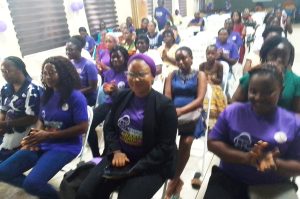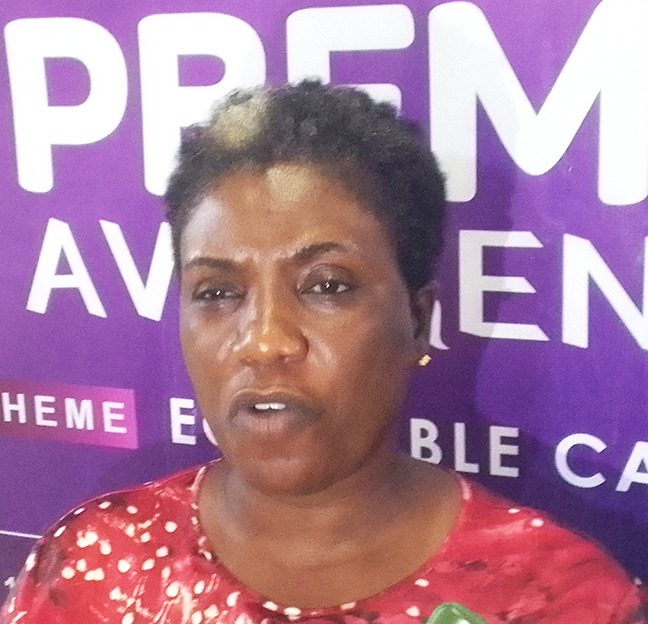The Pediatric Society of Ghana is advocating for equitable healthcare to every preterm baby, regardless of geographical location or socio-economic status.
Madam Christina Ampofowaah Akwah, a Neonatal Nurse Specialist at the Komfo Anokye Teaching Hospital (KATH), made this call at the launch of Prematurity Awareness Month.

According to her, the society is advocating for equal access to healthcare for all preterm babies, regardless of where they live or their parents’ socio-economic status.
She said the society is calling for basic equipment, such as incubators and ventilators, to be made available in all hospitals that care for preterm babies.
The Neonatal Nurse Specialist urged the government to prioritise the needs of preterm babies and provide support to hospitals to improve care.
According to Madam Akwah, many hospitals in Ghana lacked the necessary resources, including equipment and skilled staff, to care for preterm babies, and said Ghana’s preterm birth rate is higher than the global average, noting that the country faces significant challenges in reducing mortality rates.
The Pediatric Society of Ghana also called on the government, stakeholders and philanthropists to support efforts to improve care for preterm babies and advocated for increased investment in healthcare infrastructure and training for healthcare professionals.
Dr. Eugene Martey, the Ashanti Regional Chairman of the Pediatric Society of Ghana emphasized the need for equitable care for all preterm babies.
Dr. Naana Wireko Brobbey, a Neonatologist at the Department of Child Healthcare at KATH stressed the disparities in healthcare access and quality, both between and within countries.
According to her, Prematurity is a significant public health concern globally and that Ghana is no exception, explaining that prematurity accounts for an estimated 10% of births globally.
She disclosed that in 2010, the global preterm birth rate was 9.9% with 9.8% in high-income countries and 10% in low-income settings.
She indicated that Ghana’s preterm birth rate is well above the global average, with various risk factors contributing to that issue, including hypertensive disorders of pregnancy, infection, maternal age, multiple pregnancies, under-nutrition and poor ANC attendance.
The Neonatologist noted that Ashanti region faces significant challenges in caring for preterm babies, including Limited Neonatal Units.
“The region has limited neonatal units, and those available often lack specialized equipment and adequate supplies,” she said.
She added that “there is a shortage of skilled staff, and inconsistent guidelines implementation and weak referral systems further exacerbate the problem” which disparity in healthcare access and quality highlights a hidden crisis in quality of care and access.
Dr. Wireko Brobbey emphasised that it is not just death, but also severe morbidity, such as bronchopulmonary dysplasia (BPD), cerebral palsy, retinopathy of prematurity (ROP), poor growth and developmental delays, that have a significant impact on families and society.
She reiterated that the situation calls for increased investment in healthcare infrastructure, training for healthcare professionals, and community involvement to address the root causes of prematurity and improve care for preterm babies.
She recommended that stakeholders work together to reduce the burden of prematurity and ensure that every baby has the best possible start in life.









